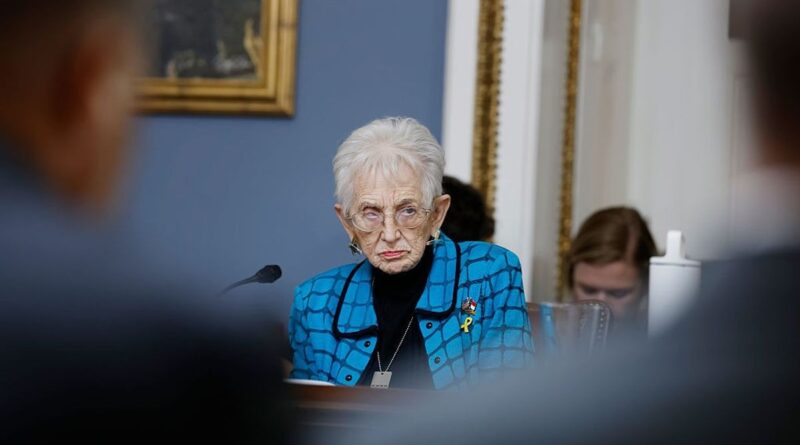Cross-party Calls for Transparency in Epstein Case
Ro Khanna articulates that the issue at hand is predominantly a matter of principle and about restoring faith in our institutions. This is not a question of party lines, rather it’s a matter of upholding our civic duty. Voices across the aisle, such as Thomas Massie and Marjorie Taylor Greene, are joining in this call to action. A significantly noteworthy aspect of this endeavor includes hearing from survivors of Jeffrey Epstein’s crimes for the first time.
These victims were muted during the initial proceedings when Epstein received his lenient plea bargain. Their narratives went unheard, their experiences unacknowledged. Today, they’re pushing forth to reveal their untold stories. They seek not just exposure, but complete transparency—in the form of releasing all details pertaining to Epstein’s case—hoping to achieve closure through this process.
The anticipation is high that when the voices of these brave women reach the ears of the American populace, they will urge their congressional representatives to advocate for a crucial undertaking: the Massie-Khanna Epstein discharge petition which aims to mandate a congressional vote. Support is promising, with already 212 Democrats expressing willingness to back it.
Along with the Democrats, four Republicans including Thomas Massie, Lauren Boebert, Nancy Mace, and Marjorie Taylor Greene, are showing their support by signing the petition. The effort is tantalizingly close to meeting the necessary threshold—just two signatures short—to compel a vote in Congress.
Khanna believes we are morally entangled in this situation: our government’s unconditional support of Benjamin Netanyahu puts us in a precarious position. Controversially, Khanna argues against providing military weaponry that might be implicated in civilian casualties in conflict-ridden areas.
He forwards that the litmus test for a principled Democrat should satisfy two conditions. First, is to endorse the Sanders and Dalia Ramirez resolution that calls to suspend military supplies to Netanyahu, which are unfortunately being misused against civilians. This action holds the potential to halt current conflicts.
Secondly, Democrats should raise their voice for the acknowledgement of a Palestinian state. This demand rises as a response to what is seen as an attempt to efface Palestinian identity through forced displacements in Gaza and increased settlements in the West Bank by Israeli leaders like Ben-Gvir, Smotrich, and Netanyahu.
Furthermore, Khanna argues against the disproportionately large percentage of our federal budget being allocated for military purposes. He insists that a significant portion of these funds does not benefit our troops, nor does it directly contribute to our national security. Instead, these vast sums enrich the defense contractors—whose average CEO earnings stand at a staggering $5 million per year.
He vehemently opposes an inflating military budget of trillions that bring conspicuous limited value. Instead, he posits crafting international alliances built on a foundation of economic cooperation. This approach looks to a future where resources are strategically invested towards collective global progress.
Trump’s foreign policies drew much criticism as they appeared temperamental and lacked consistency. Ro Khanna urges for critical examination of these policies to avoid similar pitfalls in the future and to ensure that the influence of our nation is exercised judiciously.
In recognition of the rights achieved after the years-long struggle of revolution, Khanna voices disagreement with the idea of military presence patrolling our neighborhoods. No one wishes for soldiers to be a constant feature on our streets. This, he believes, infringes greatly on our freedoms.
The vision of a free country that comes to mind as you go about your daily tasks, taking kids to school or driving to work, never features military personnel regulating your community. This is not in line with our values and certainly not representative of who we are as a nation.
Finally, Khanna argues that the Democratic Party should prioritize addressing economic disparities and the growing wealth inequality that is causing internal fractures. These issues should form the heart of their mission, aiming for the economic independence and the success of every family and community to be their avowed goal.

